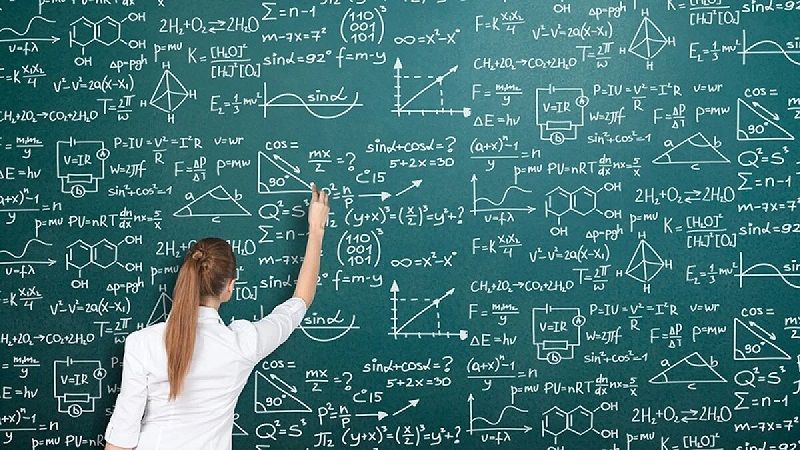
How to Study Maths: 5 Tips to Solve Major Maths Problems

The discipline of mathematics is a fundamental component of the educational curriculum that is universally required for all students. To be candid, a majority of individuals harbor a dislike towards acquiring knowledge in mathematics.
The significance of mathematics for children has escalated in the present times. A significant proportion of college courses incorporate mathematical concepts. And virtually all professions necessitate the application of mathematical skills on a routine basis.
The following guide presents major strategies for effectively solving mathematical problems.
Repeated practice is crucial for skill development
Merely reading and listening are insufficient for acquiring a comprehensive understanding of mathematics. In order to acquire proficiency in mathematics, it is imperative to engage in problem-solving activities and actively participate in numerical exercises.
The frequency of practicing mathematical problems is positively correlated with the level of proficiency attained in solving them. Given that each problem is unique, it is crucial to possess multiple problem-solving techniques in preparation for an examination.
Examination of mistakes
It is crucial to systematically follow the procedural guidelines for each solution while engaging in the practice of these tasks on 99 math.
If errors have been committed, it is advisable to conduct a thorough analysis of the situation. This is important to identify the specific areas where one's problem-solving skills may have fallen short.
Through analyzing your problem-solving approach and identifying the areas of error, you can enhance your skills and prevent the recurrence of similar mistakes.
Acquire a comprehensive understanding of the principal concepts
Avoid attempting to memorize the procedures. This intervention is unlikely to yield positive outcomes. In the long run, it is more advantageous and fulfilling to concentrate on acquiring knowledge of the process and rationale. This will facilitate the development of problem-solving skills for future occurrences.
It is crucial to note that mathematics is a subject that follows a logical sequence. It is imperative to have a firm understanding of the fundamental concepts that constitute a particular topic.
It is important to realize one's uncertainties
At times, progressing to the subsequent stage of a mathematical problem can prove to be challenging when one encounters difficulties in resolving a particular component.
It is a common practice among students to bypass this particular inquiry and proceed to the subsequent one. Engaging in such behavior is not recommended. It is advisable to allocate time towards devising a solution to the issue at hand.
Upon comprehending the initial segment of the problem, one may utilize it as a launching point to progress towards the subsequent components of the inquiry.
Achieving proficiency in mathematics requires a significant investment of time and effort.
Create a designated study area that is without any potential distractions
The incorporation of music during studying has been found to induce a state of relaxation and facilitate the process of information retention. The presence of appropriate background music can facilitate concentration.
One possible academic revision could be: "Initiate and contribute to the development of a mathematical lexicon."
Mathematics encompasses a plethora of lexicon with distinct connotations. It is recommended that individuals document all pertinent concepts, terminology, and definitions on either notes, flashcards, or reference sheets.
Conclusion
Mathematics demands a high degree of attentiveness from its learners, more so than any other academic discipline.
When confronted with complex equations or geometric on 99math, algebraic, or trigonometric problems, a conducive study environment devoid of distractions can significantly impact one's ability to effectively tackle such challenges.